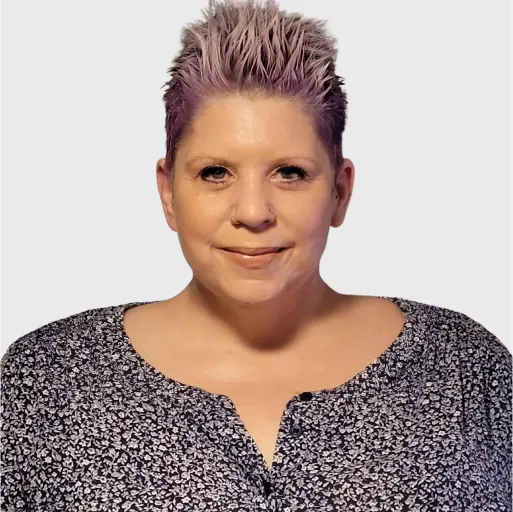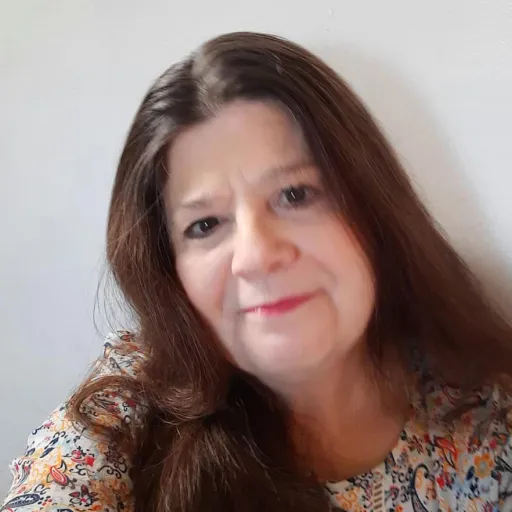
Understanding the Roots of Post-Breakup Guilt
Guilt after a breakup can stem from various sources. Sometimes, it arises from regret over how you handled the relationship or the breakup itself. You might replay events in your mind, wondering what you could have done differently. Other times, guilt can be connected to supporting loved ones
Guilt can also be a part of the grieving process. Just like with any loss, breakups involve grieving the relationship, the future you envisioned, and the connection you shared. Guilt can become intertwined with this grief, adding another layer of complexity to your emotions. Understanding where your guilt comes from is the first step toward processing it in a healthy way.
Navigating the Emotional Aftermath
The period following a breakup can be emotionally challenging. Beyond guilt, you might experience complex emotional responses
Remember, healing from a breakup takes time. There’s no magic cure or timeline. Be patient with yourself and allow yourself to grieve the loss of the relationship. It’s okay to not be okay. Focus on self-care, surround yourself with supportive people, and engage in activities that bring you joy.
The Importance of Self-Compassion
Self-compassion is crucial during this time. Treat yourself with the same kindness and understanding you would offer a friend going through a similar situation. Avoid self-blame and negative self-talk. Recognize that everyone makes mistakes, and breakups are a part of life.
Practicing self-compassion involves acknowledging your pain, recognizing that you’re not alone in your experience, and offering yourself kindness and understanding. It’s about accepting your imperfections and treating yourself with gentleness, especially during difficult times.
Seeking Support: When to Reach Out
While navigating a breakup on your own is possible, seeking support from a therapist can be incredibly beneficial. A therapist can provide a safe and non-judgmental space to explore your feelings, understand the roots of your guilt, and develop healthy coping mechanisms. They can also help you process the breakup and move forward in a positive direction. Integrative Family Counseling offers both online and in-office therapy options to fit your needs.
If you’re struggling to cope with the guilt and other emotions following a breakup, or if these feelings are interfering with your daily life, it’s a good idea to reach out for professional help. Therapy can provide the tools and support you need to heal and rebuild.
Find A Therapist That Specializes In Post-Breakup Support
Our therapists at Integrative Family Counseling can help you navigate the complex emotions of a breakup, including feelings of guilt, sadness, and loss. We provide a safe and supportive space to process your experience and develop healthy coping strategies.

Tia Doyle
My overall goal is to give people support and space to have ongoing conversations about how to address and improve specific situations. I look forward to being the support system you need to get through hard times. I am here to help you be the BEST you!
View Tia's Profile
Amy Carbone
I am a Licensed Clinical Social Worker, empathetic, non-judgmental gal who accepts all clients for who they are. I believe in starting where the client is at that moment in their life. I think the most important part of therapy is the therapeutic relationship.
View Amy's Profile
Colleen Barron
I am known for my effective and compassionate approach to therapy. With years of experience and a strong educational background, my practice is dedicated to helping individuals achieve personal growth, healing, and overall well-being.
View Colleen's Profile
Isabelle Ahlborn
I want to work with a diverse population of people, families, and groups, helping them overcome challenges, persevere, and improve their mental health through therapy that addresses their psychological and mental well-being.
View Isabelle's Profile
Melissa Goosmann
I strive to create an accepting environment for my clients while providing the skills needed to achieve meaningful change. I believe in evidenced-based and collaborative work cultivated by a trusting therapeutic relationship.
View Melissa's ProfilePractical Steps for Healing
Here are some practical steps you can take to cope with post-breakup guilt and begin the healing process:
- Acknowledge your feelings: Don’t try to suppress or ignore your guilt. Acknowledge it and allow yourself to feel it.
- Challenge negative thoughts: Identify any negative or self-blaming thoughts and challenge their validity. Are these thoughts based on facts, or are they simply assumptions?
- Practice self-compassion: Treat yourself with kindness and understanding. Forgive yourself for any mistakes you made.
- Focus on self-care: Prioritize your physical and emotional well-being. Engage in activities that bring you joy and relaxation.
- Talk to someone you trust: Share your feelings with a trusted friend, family member, or therapist.
- Set realistic expectations: Healing takes time. Be patient with yourself and don’t expect to feel better overnight.
Moving Forward: Building a Healthier Future
While breakups can be painful, they can also be opportunities for growth and self-discovery. Use this time to reflect on what you want in a relationship and what you learned from your past experiences. Focus on building a healthier and happier future for yourself.
Remember, you are worthy of love and happiness. Healing from a breakup takes time and effort, but it is possible. With self-compassion, support, and healthy coping mechanisms, you can move forward and create a fulfilling life.
Insurance Coverage Made Simple
We accept most major insurance plans and offer low self-pay rates to ensure quality care is accessible to everyone. Your well-being is our priority, and we're here to help regardless of your financial situation.
FAQ: Common Questions About Feeling Guilty After a Breakup
Is it normal to feel guilty after a breakup?
Why do I feel guilty after a breakup even if I ended it?
How long should I expect to feel guilty after a breakup?
Can guilt after a breakup affect my mental health?
How can I cope with the guilt I'm feeling?
When should I seek professional help for post-breakup guilt?
How can therapy help with post-breakup guilt?
What if my friends tell me I shouldn't feel guilty?
Related Articles

Emotionally Unavailable Men: Understanding and Coping
Is he emotionally distant? Learn to recognize signs of emotional unavailability in men, understand its causes, and explore healthy coping strategies.

Am I the Problem? Insights Into Relationship Issues
If you're questioning if you're the problem in your relationship, this guide helps identify key issues and offers ways to improve your situation. Understand and address the challenges you face.

How Long Does It Take to Get Over a Breakup? How to Heal and Move On
Learn how long it takes to get over a breakup and explore the emotional healing process. Find out how therapy can support your recovery and help you move on.

Signs an Emotionally Unavailable Man Is in Love with You
Discover how to identify if an emotionally unavailable man is genuinely in love with you. Explore key signs and behaviors that reveal his true feelings.



